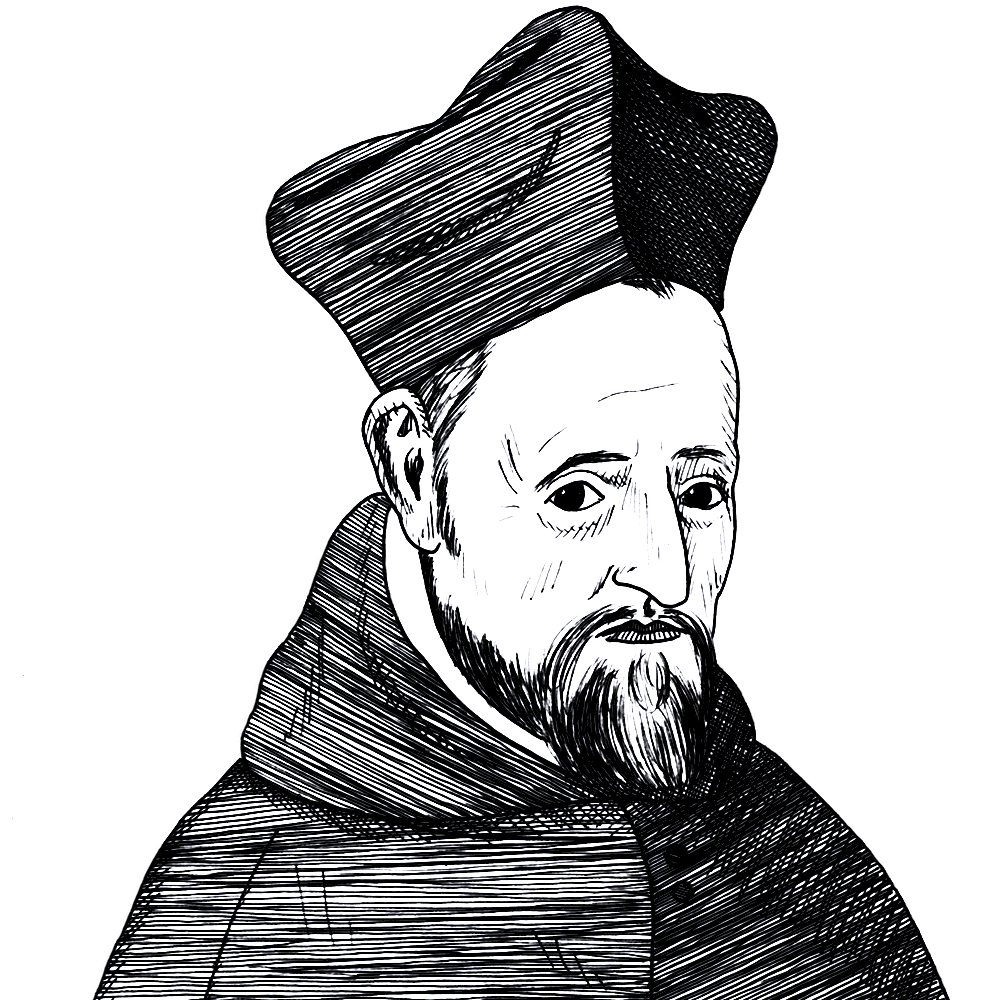
Edward Bellarmine grapples with the problem of a subject’s obedience to kings or popes (1610)
Found in: On Temporal and Spiritual Authority
The Jesuit priest and political philosopher Edward Bellarmine constructs a dialogue between “the people” and “the Pope” in which the Pope thinks of Christ as the Lord who owns the flock of sheep, himself as the shepherd, the people as the “little sheep” at the very bottom, and the Kings who rule over the people are the “rams” who might at any time turn into “wolves”:
Presidents, Kings, Tyrants, & Despots
People: Why do you prohibit what God commands us to do?
Pope: No, I do not prohibit, but rather I command you not to do what God prohibits you to do. I am the shepherd, established by Christ who is the Lord of the flock. You people are the little sheep; your kings are the rams. And therefore, as long as your kings continue to be rams, I allow them to rule and direct you, but if they become wolves, will it be right that I allow the sheep of my Lord to be directed by wolves? Therefore, rightfully I prohibit your following them, as the Lord prohibits this also, since with too great danger are the sheep ruled by the wolves.